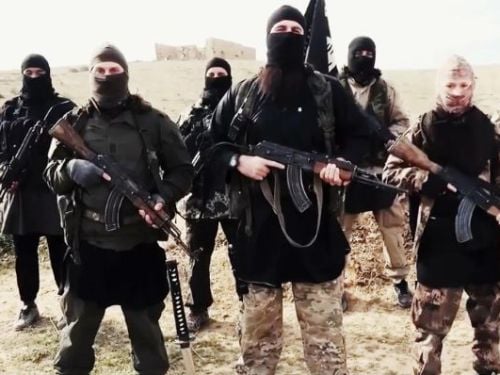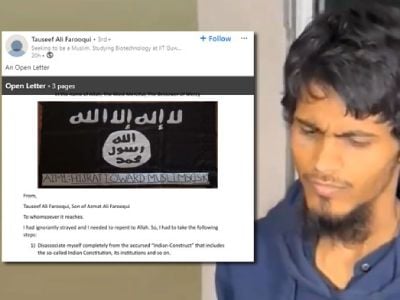
The new year has begun on a new terrorist note with the Islamic State striking in downtown Istanbul, attacking a consulate in Jalalabad and, now, seemingly behind multiple attacks in the heart of Jakarta. Perhaps it would be more accurate to say that the spurt in attacks carried out by or inspired by the Islamic State in December last year, including the massive terror assault across Paris and the massacre in California, shows no signs of ending.
Indians will feel a sense of déjà vu about the terror events in Indonesia : terrorists working in multiple groups, combining bombings with random shootings in a high-profile urban centre, and focusing on simply piling up civilian casualties. To use the parlance of counter-terrorism experts, such “complex operations” have become the norm among terrorists since the 26/11 Mumbai attacks of 2008. The Jakarta operation, horrific though it was, proved less effective for the terrorists than Paris or Mumbai, but had the same consequence of seeming to show the powerlessness of the state to safeguard its citizens and doing so in a manner that ensures maximum media coverage.
The Islamic State believes in carrying out terrorist attacks in a manner that can be used to radicalise lone wolf attacks and, increasingly, coax local militant groups to swear allegiance to its ideological positions. Unlike its predecessor al Qaeda, it is unconcerned about whether fellow Muslims are killed or whether the larger ummah even supports its actions. Unfortunately, its formula is so far working. In just the past one year, Islamic State affiliates have sprung up in 20 new countries — including many in India’s neighbourhood. Southeast Asia is now among a major source of recruits. Even al Qaeda this week declared the region to be ripe for jihad. In all this, of course, have been the attacks against Indian diplomatic missions almost certainly sponsored by the Pakistan military. This will be an additional political problem for India in the coming years. In the terror storm being created by the Islamic State and other groups, its complaints of state-sponsored terror from across the border are in danger of being drowned out.
Source : Hindustan Times




